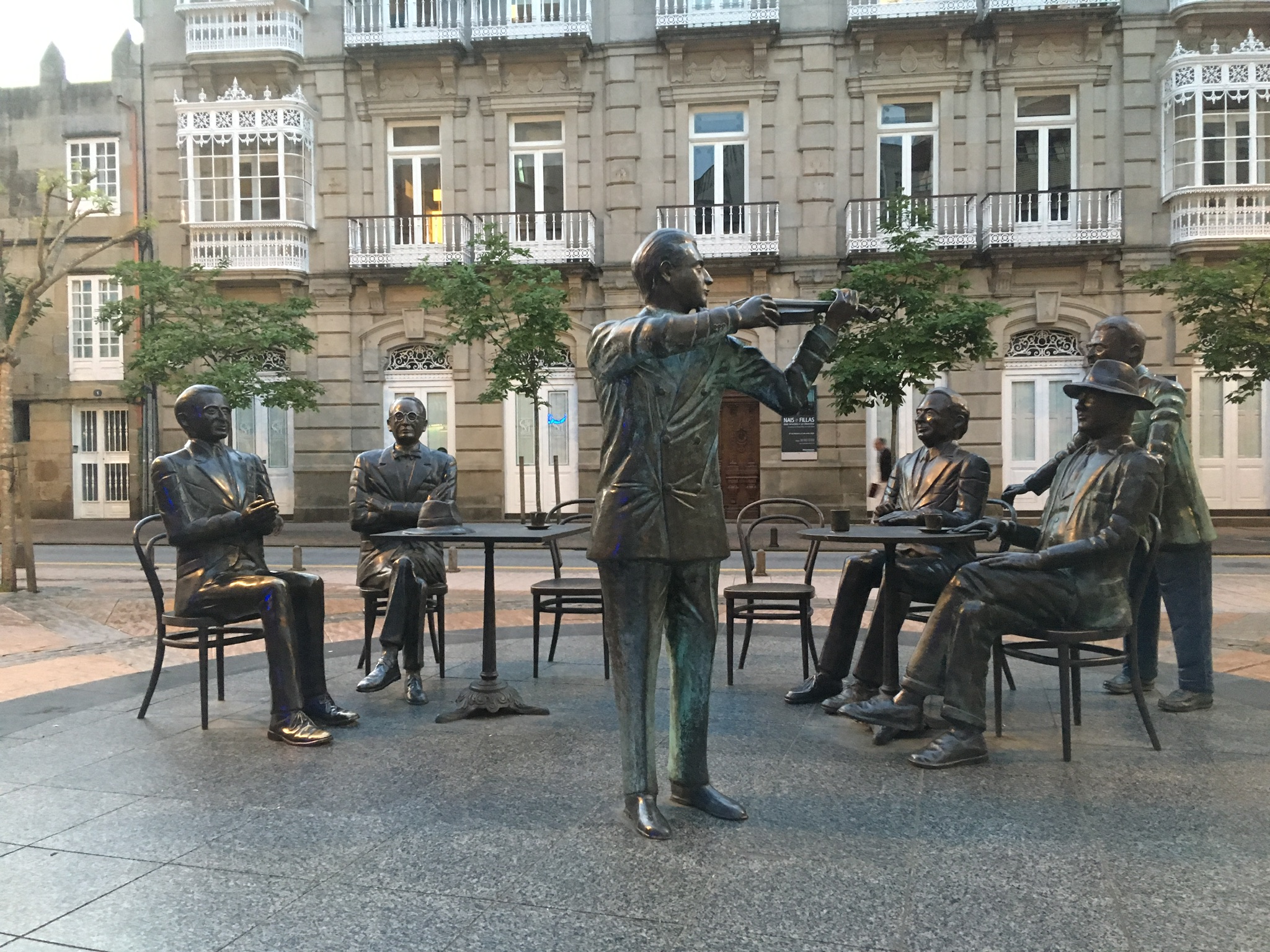Someone said to me the other day that Spanish is similar to Portuguese but Corrie tells me differently. She says it is easier for a Spanish speaker to read Portuguese, than to understand the spoken language. So not a linguist myself, I started thinking about it on another level. Today it was really profound.
At breakfast in our Porto home, yes we’ve moved again, a loud argument began between the Portuguese owner and a young female Italian resident. I noticed a marked difference between the two. There was still a lilt to the Italian but a heavy accented harshness from the less aggressive owner.
Later while we were having coffee in a Porto cafe, I said to Corrie the people next to us were Russian for a reason I can’t remember. She listened to them and then said: “no, they’re Portuguese”. On the train to Faro today, I listened to people talking, and I was hearing Russian, getting this just from the accent because I don’t know any part of the language.
So now I’m in Faro I have googled and found the answer.
The reason Corrie thinks the languages are so different is not because of the words but the stress on those words. What makes it sound different but similar to Russian is that both are stress timed languages. In a stress timed language the distance in time between two stressed syllables is constant. The syllables between the two stressed syllables are then expanded or shortened accordingly. In contrast, in a syllable timed language like Spanish, the syllables tend to last the same time. English, by the way, is also a stressed time language so it is easier for the Portuguese to learn English than it is for the Spanish.


I had to search through the archives for that one Sue, We registered into our hotel last night and I thought the manager was a bit terse and then quickly reflected on how that can seem sometimes. With that out of the way, he was a very helpful, personable man, we’re off soon to discover a little of his ancestors in Faro – great to hear from you
Very apt photo for your reflections on the nuances of languages.